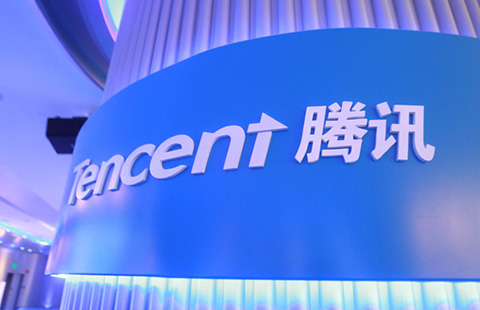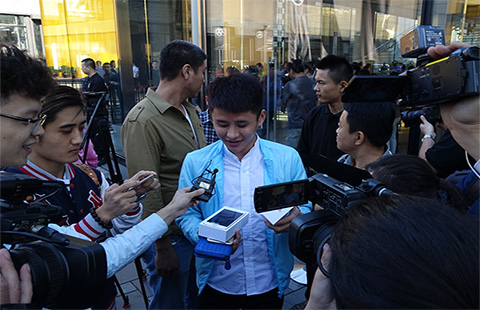Manufacturing activity rises
(Xinhua) Updated: 2015-10-03 14:54China's factory activity picked up slightly in September but remained in contraction as the country's manufacturing sector saw improved, yet still weak, demand.
The manufacturing purchasing managers' index for September came in at 49.8, up from 49.7 in August, according to the National Bureau of Statistics and the China Federation of Logistics and Purchasing.
A reading above 50 indicates expansion, while one below 50 represents contraction.
The index fell into contraction territory for the fourth time this year, but the slight increase in September was a reversal of two consecutive months of decline.
Anemic demand and downward pressure persisted in the manufacturing sector, but there was a recovery in production and market demand, said NBS statistician Zhao Qinghe.
The production sub-index was 52.3 in September, up from 51.7 in August, indicating accelerated production growth.
The sub-index for new orders came in at 50.2, moving back into expansion territory and up from 49.7 in August, indicating that demand has improved slightly.
"The figures showed that the pro-growth policies are taking effect, pointing to signs of economic stabilization," said Zhang Liqun, a researcher at the Development Research Center of the State Council.
Chen Zhongtao, an analyst with the China Logistics Information Center, said manufacturers accelerated the reduction of goods in stock in September.
The inventory sub-indices for both raw materials and finished products declined for a third consecutive month, according to Thursday's data.
Manufacturing of consumer goods continued to improve, which Zhao said was partly due to strong demand ahead of the Mid-Autumn Festival and the National Day holiday.
Other indicators showed continued weakness, but also a slower pace of contraction in manufacturing activity.
The Caixin General China Manufacturing Purchasing Managers' Index was 47.2 in September, down from a final August reading of 47.3 but slightly higher than an earlier flash reading of 47 for September, according to financial information service provider Markit.
He Fan, chief economist at Caixin Insight Group, said the manufacturing industry had reached a crucial stage in structural transformation, and noted that tepid demand was amain factor behind the weakness. "Industry is still weak, but the downward movement has slowed somewhat," he said.
- China's service outsourcing contracts rise
- China strengthens support for cultural industries
- China's railways report record daily passenger volume
- Rural tourism blooms, villagers benefit
- Bank of China launches RMB clearing center in Budapest
- Businessman delivers finer things in life
- Chinese tech startups seek dream 'from zero to hero'
- China's manufacuring PMI rises to 49.8 in Sept
















